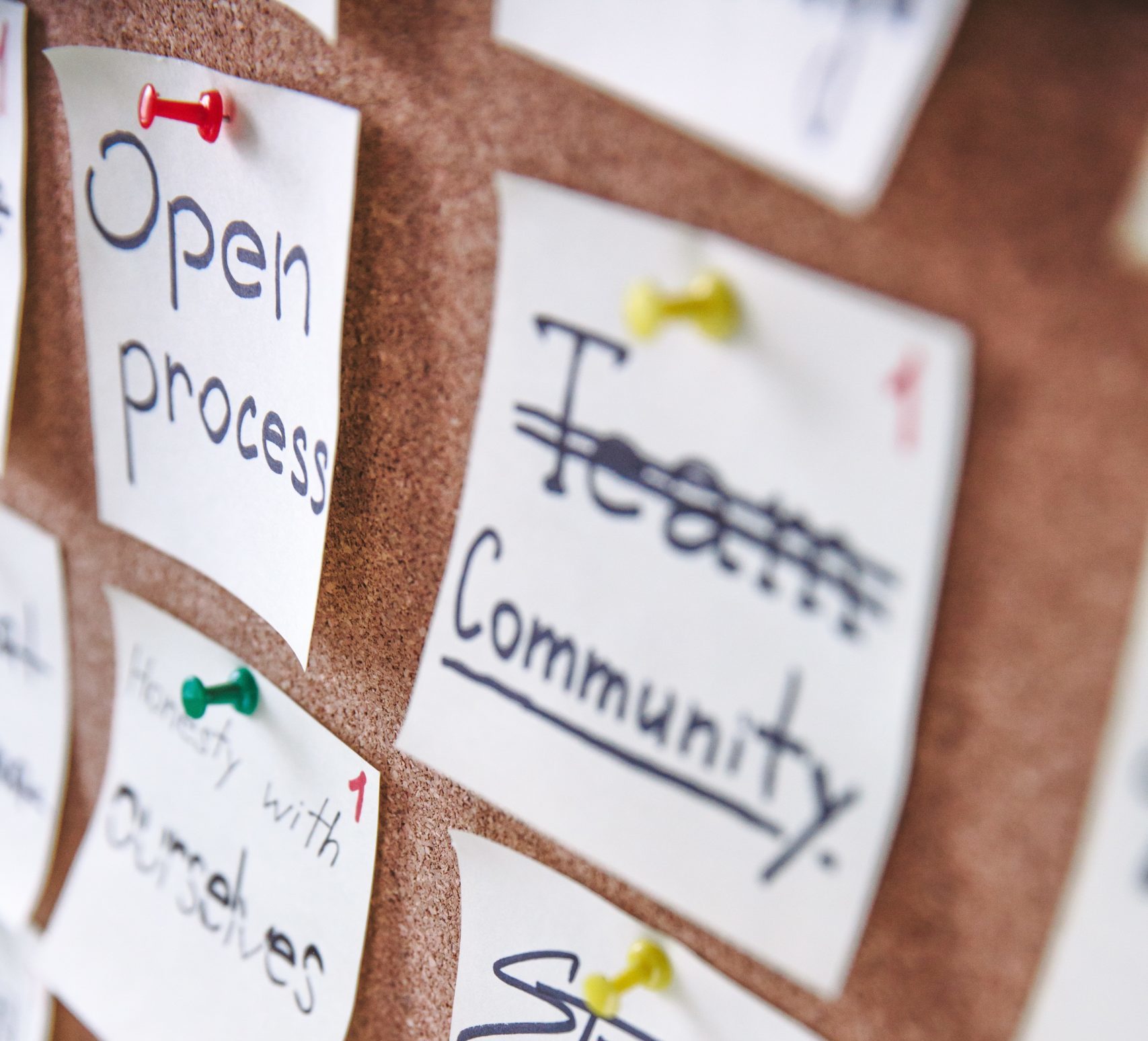Utilizing Technology to Advance Freedom of Expression

By Antoine Orard, CRB Human Rights & Business Student Lead & Full-time MBA ’19 candidate
“It was the best of times, it was the worst of times, it was the age of wisdom, it was the age of foolishness, it was the epoch of belief, it was the epoch of incredulity, it was the season of Light, it was the season of Darkness, it was the spring of hope, it was the winter of despair, we had everything before us, we had nothing before us, we were all going direct to Heaven, we were all going direct the other way.”
These words, written by Charles Dickens, are the opening to his novel “A Tale of Two Cities”, set during the 1789 French Revolution. More than 225 years later, Brad Smith, Microsoft’s President and fervent human rights advocate, recently quoted Dickens at an event on the UC Berkeley campus to describe the current state of the right to freedom of expression globally.
On September 28th 2017, the Haas School of Business’ Dean’s Speaker Series and the Center for Responsible Business’ Peterson Speaker Series, along with Human Rights Center (HRC) at UC Berkeley Law, co-hosted a moderated discussion led by the HRC’s Executive Director, Alexa Koenig, on the topic of the role of technology in advancing the right to freedom of expression. Key speakers included Zeid Ra’ad Al Hussein, the UN High Commissioner for Human Rights, and Microsoft’s President and Chief Legal Officer, Brad Smith. As made clear by Smith, the opportunities presented by technological advancements come with notable challenges.
Recent innovations have contributed to the development of a new “public square” online, where users largely benefit from free speech. It is astounding how in such a short time, the internet and online devices have entirely transformed the way we connect, communicate and exchange with each other. Posting personal opinions that can be read online by millions of people has never been easier. On average, 500M tweets are posted on Twitter daily, a number ten times higher than it was in 2010.
At the same time, the ability for information to “go viral” in a matter of minutes can be used to negatively influence and indoctrinate people. As the 2017 World Press Freedom Index pointed out, the number of countries where media freedom is at risk has surged, especially in areas where war, chaos and dictatorship regimes prevail. In the US, the proliferation of fake news on Facebook and other social media during the 2016 election is another example of the negative influence that technology can have when it comes to relaying potentially harmful information.
At this inflection point, there is still a unique opportunity for business to do good. Companies should focus on developing technology that can enhance freedom of expression and respect for human rights more broadly by better protecting people’s privacy or by using data to capture abuses. Both Smith and Al Hussein argued that the ties between the business and institutional worlds need to be reinforced, as each party cannot succeed in advancing human rights without the other. For example, tech firms are lacking the in-depth knowledge UN experts have on the subject matter, while institutional organizations lack the proper technological means needed to make significant progress.

From left to right: Alexa Koenig, Executive Director at the Human Rights Center at Berkeley Law, Zeid Ra’ad Al Hussein, United Nations High Commissioner for Human Rights, and Brad Smith, President & Chief Legal Officer at Microsoft (Photo credit: Manali Sibthorpe)
In this context, Microsoft and the Office of the High Commissioner for Human Rights have decided to partner together, in order to equip the United Nation with big data capabilities and to support OHCHR’s programmatic work. As Al Hussein put it, this partnership will help the UN execute on its mission “in ways that were previously unthinkable.”
The Microsoft-OHCHR partnership is one step in the right direction in protecting human rights globally, but should not be an isolated example of how business can be a force for good. Every company, every industry has a role to play. The development of important initiatives in recent years, such as the UN Guiding Principles on Business and Human Rights, have the power to set the private sector on the right path, and significantly advance human rights. However, to make a difference, these voluntary standards will require widespread adoption.
As a current MBA student and future business leader, I know it will be my responsibility to ensure that human rights are respected and embraced in corporate culture and operations. Dickens ended his tale of two cities with the powerful closing, “It is a far, far better thing that I do, than I have ever done.” If we can collectively come together and use technology and innovation as a means to drive respect for human rights globally, it could indeed become the best thing our generation will do.


